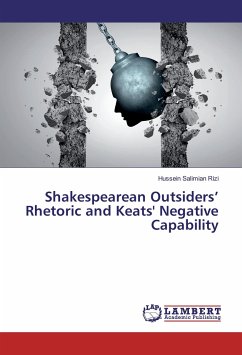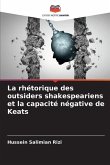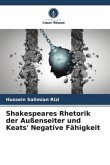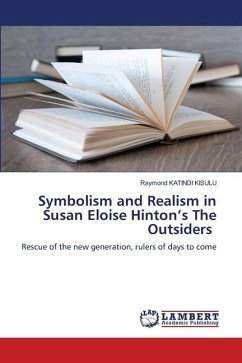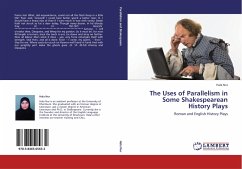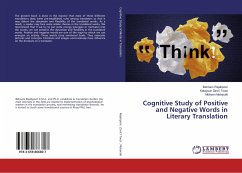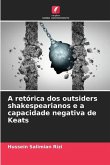In one of his letters John Keats (1795- 1821) proposes the concept of negative capability which invites thinkers to be capable of being in 'uncertainties, mysteries and doubts' which ultimately helps the mind retain an openness that borders on disinterestedness and self-annihilation. In his opinion, Shakespeare is a man of achievement who represents negative capability. The hypothesis is that negative capability is not only an artistic quality but also a human experience, so the present study makes the concept of negative capability the focus of study by attempting to employ its definition and apply it on three of Shakespeare's tragic characters, namely Othello, King Lear and Hamlet, and the possible changes in their rhetoric will be investigated.

